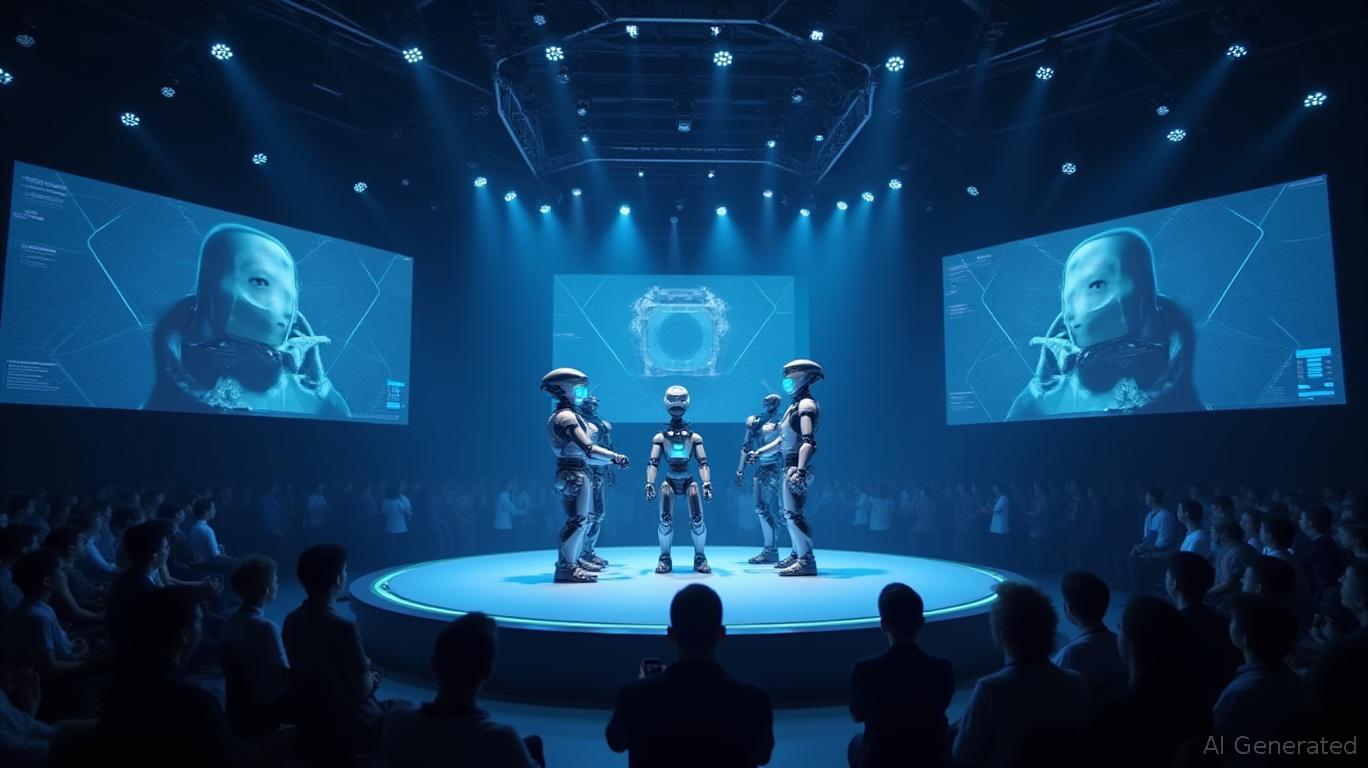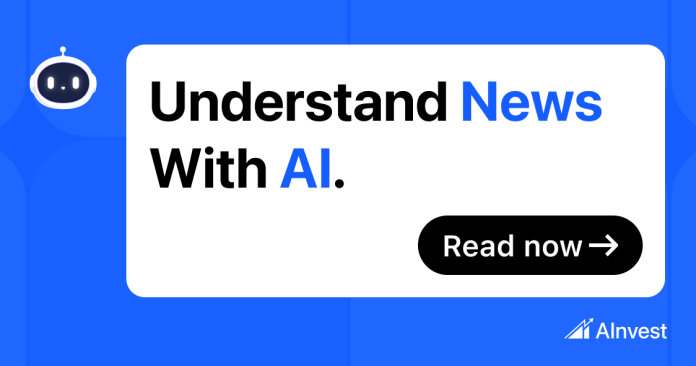At the 2025 WebX Summit in Japan, a panel titled “AI Agents, Social Graphs & Consumer Applications” showcased the transformative potential of AI in healthcare, gaming, and safety. Led by Vera Li of Chili Ventures, the session brought together industry leaders including Michael of ZeroG, Shaw Walters of Eliza Labs, Tomaz Levak of OriginTrail, and Sean Son of Sherpa AI. They highlighted AI agents as tools for automating complex workflows, enhancing social interaction, and addressing digital threats [1].
Michael demonstrated the power of automation with Sally AI, an AI system that manages the daily operations of medical offices, from note-taking to insurance claims [1]. Shaw Walters explored AI in gaming, where agents can simulate human-like interactions, enabling new play-to-earn models that mimic real-world economic dynamics [1]. On the safety front, Levak introduced the Humanit.ai Guardian Agent, which combats misinformation and protects against deepfake abuse in the OriginTrail ecosystem [1].
AI’s practical applications extend beyond traditional domains. Li cited Cal AI, an AI tool that estimates calorie intake from photos and became a viral success on TikTok [1]. Sean Son shared a case where an AI agent analyzes pet behavior from video footage, showing AI’s potential in animal health [1]. These examples illustrate AI’s growing role in everyday life and its capacity to create value in unexpected ways.
As AI capabilities expand, the panel addressed the future of work. Shaw Walters predicted that all jobs could eventually be automated, redefining work as a choice rather than a necessity. He emphasized the role of Web3 in enabling a decentralized economy where individuals own and control their digital assets [1]. Michael echoed this sentiment, suggesting that humans would shift their focus toward creativity, judgment, and the governance of social values [1].
Thomas Levak, a tech optimist, warned of the risks of unchecked AI development but expressed confidence in the potential of Web3 to ensure safe and fair AI progress through ownership and verification [1]. Sean Son provided a tangible example of AI’s impact on productivity: Sherpa AI, with a team of fewer than 20 people, now serves 50 million users globally and tens of thousands of community leaders [1].
Looking ahead, the integration of AI and Web3 is expected to drive innovation. Michael emphasized the importance of decentralization for scalable AI models, suggesting that millions of consumer devices could collectively train larger and more robust systems [1]. Shaw Walters anticipated a shift beyond current large language models (LLMs), pointing to the limitations of compute and energy constraints. He predicted the rise of smaller, more efficient models and the exploration of new intelligence paradigms [1].
Levak outlined three key trends for the coming year: enhanced connectivity to non-public data, greater reliability through verifiability, and the migration of AI to edge devices like phones and smart home systems [1]. He argued that verifiability is essential for building trust in AI systems, especially in retrieval-augmented generation (RAG) models [1]. Both Michael and Shaw highlighted the potential of reputation systems to reduce the need for constant verification, with Shaw noting that reputation could become the next major innovation in the crypto space [1].
Despite the promise, challenges remain. Shaw admitted that agents are still far from matching human performance, requiring strict constraints to manage memory and tool access [1]. Levak stressed that AI could improve Web3’s user experience, making digital identity and data ownership more accessible [1]. Shaw also noted that AI lowers the barrier to app development, enabling non-technical creators to build Web3 applications [1].
The panel concluded that AI is redefining work and human value while raising critical questions about safety, verifiability, and decentralization. Web3, with its focus on ownership and trust, is positioned as a key safeguard in the journey toward artificial general intelligence (AGI) and new paradigms of intelligence [1].
Source: [1]【WebX 2025】AI Agents, Social Graphs & Consumer Applications (https://coinmarketcap.com/community/articles/68ac710744f0b73e7ad8e7fc/)

